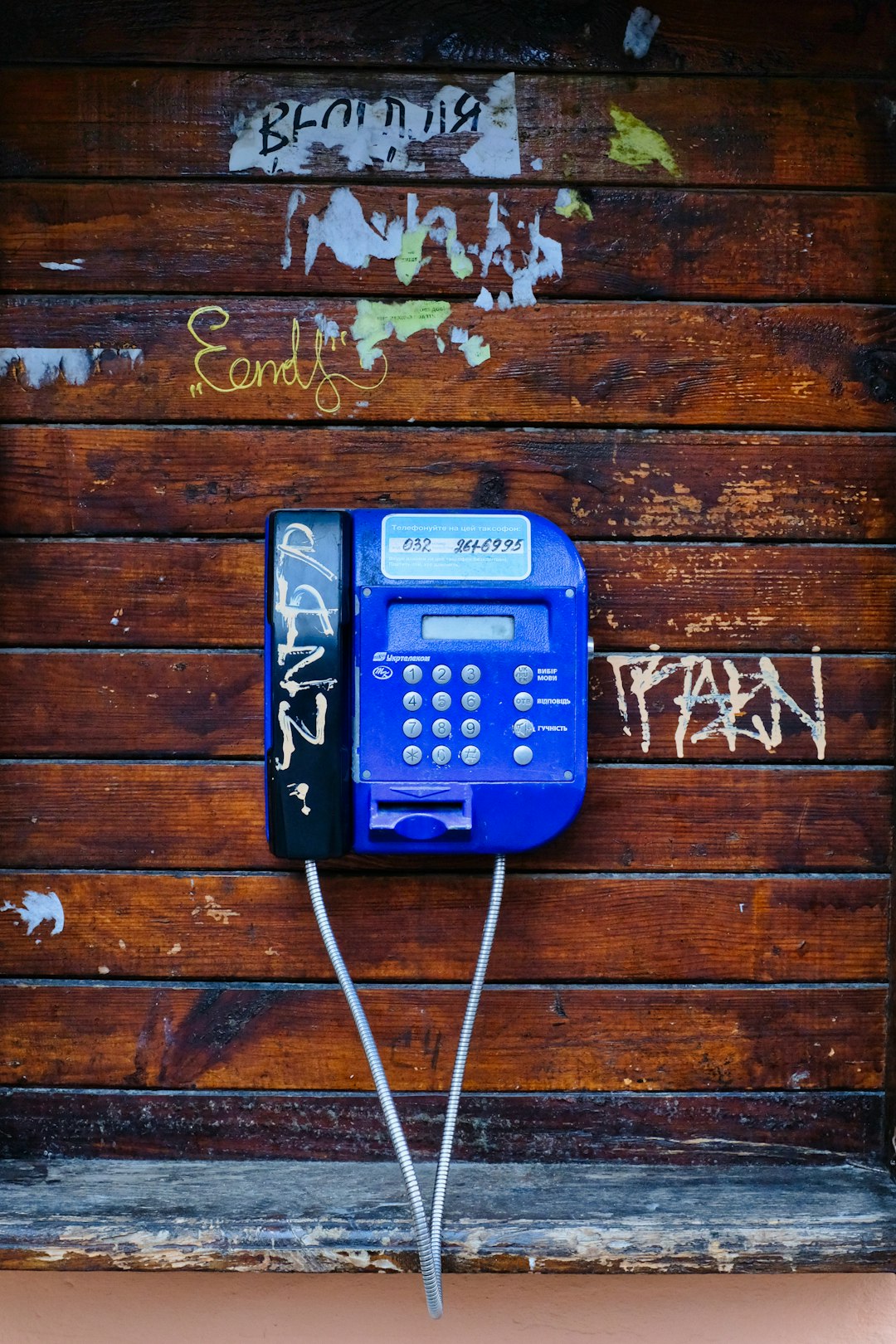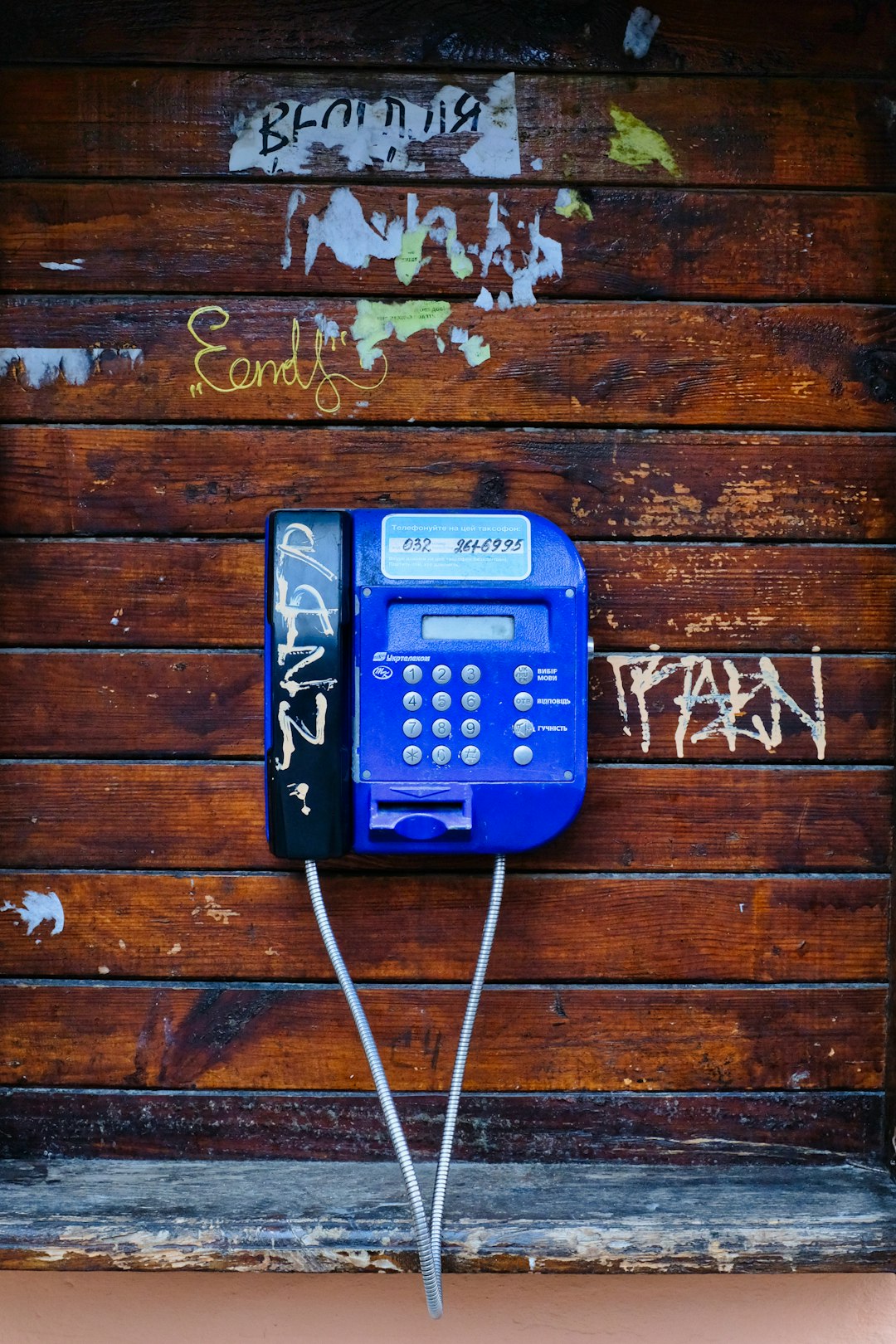Emerson, NJ, leads the charge against spam calls through strict regulations and partnerships with Spam Call law firms, protecting residents from relentless telemarketers. New Jersey's do-not-call laws, enforced by local governments and the Division of Consumer Affairs, allow citizens to register their numbers and block unwanted calls. Spam Call law firms offer guidance and legal representation, empowering individuals to reclaim control over their communication and foster a safer environment in small towns across the state.
In today’s digital age, small boroughs in New Jersey face unique challenges from relentless spam calls. This article delves into Emerson’s crucial role in enforcing state-level Do Not Call laws, designed to protect residents from unwanted telemarketing. We explore the escalating impact of spam calls on local communities and how these laws safeguard small towns. Additionally, we offer insights for New Jersey law firms specializing in spam call litigation, providing strategies to assist clients navigating this growing concern.
Understanding Emerson's Role in New Jersey's Do Not Call Laws

Emerson, a small borough in New Jersey, plays a significant role in the state’s efforts to combat unwanted and spam calls. As a key component of New Jersey’s do-not-call laws, Emerson’s enforcement mechanisms help protect residents from relentless telemarketing and fraudulent calls. Local authorities collaborate with dedicated Spam Call law firms to ensure compliance and provide relief to citizens overwhelmed by unwanted communications.
The borough’s proactive approach involves strict regulations and vigilant monitoring, making it a model for other communities in the state. By implementing these measures, Emerson not only safeguards its residents’ peace of mind but also contributes to maintaining a safer and more tranquil environment in New Jersey, free from harassing phone calls.
The Impact of Spam Calls: A Growing Concern for Residents

In today’s digital era, while technology connects us like never before, it has also given rise to a significant concern for residents across New Jersey and beyond—spam calls. These unwanted phone calls, often from automated systems or call centers, bombard people with unsolicited messages, ranging from sales pitches to fraudulent schemes. The sheer volume of spam calls has led many to feel their personal space is invaded, causing stress and disrupting daily routines.
As a result, the demand for effective do-not-call enforcement has never been higher. A Spam Call law firm in New Jersey can play a pivotal role here, offering guidance and representation to individuals dealing with excessive spam calls. These firms specialize in navigating the complex legal landscape surrounding telecommunications regulations, ensuring that residents’ rights are protected and perpetrators of these nuisance calls are held accountable.
How the Do Not Call Law Protects Small Boroughs and Their Citizens

In many ways, small boroughs across New Jersey are like a close-knit community where everyone knows each other. However, with the rise of spam calls, this sense of safety and tranquility can be disrupted. The Do Not Call Law steps in as a protector, not just for individuals but for the entire borough. By putting a stop to unsolicited phone marketing calls, this law ensures that residents can enjoy their peace and quiet without constant interruptions from telemarketers.
Moreover, it empowers citizens to reclaim control over their personal time and space. The law allows local governments to enforce regulations against spam call law firms operating within their borders, thereby fostering a safer and more harmonious environment. This collective effort not only protects the interests of small-town residents but also serves as a powerful deterrent for those who might consider engaging in such intrusive practices.
Implementing and Enforcing the Do Not Call Registry in New Jersey

In New Jersey, the Do Not Call Registry is a crucial tool for residents to combat the influx of unwanted spam calls. This state-mandated registry allows individuals to opt-out of receiving telemarketing calls, ensuring their privacy and peace of mind. The process begins with residents registering their phone numbers through an official online platform or by mail. Once registered, licensed telemarketers are legally bound to respect these preferences, significantly reducing the volume of spam calls received.
Enforcement of this law is primarily handled by the New Jersey Division of Consumer Affairs, which monitors and investigates complaints related to unauthorized or harassing calls. Violations can result in penalties for telemarketing companies, acting as a strong deterrent against abusive practices. This stringent enforcement makes New Jersey’s approach an effective model for other states aiming to protect citizens from relentless spam calls, ultimately fostering a safer and less intrusive communication environment.
Strategies for Lawyers to Combat Spam Calls and Assist Clients

In today’s digital era, spam calls have become a ubiquitous and often frustrating aspect of daily life for many folks. As the number of automated and unwanted calls increases, so does the need for effective strategies to combat them. For lawyers in New Jersey, understanding the intricacies of Spam Call laws is crucial to assist their clients. One key approach involves educating clients about do-not-call registries and ensuring their compliance. By guiding clients through the process of registering their phone numbers and providing regular updates, lawyers can help reduce the volume of spam calls received.
Additionally, legal professionals can offer strategic advice on blocking and identifying spam callers. This may include suggesting the use of call-blocking apps or features available on modern smartphones. Lawyers can also assist in drafting and enforcing cease-and-desist letters, which are powerful tools to deter spammer activities. By combining these tactics, law firms in New Jersey can empower their clients to take control of their communication channels and create a more peaceful and less disruptive environment.






